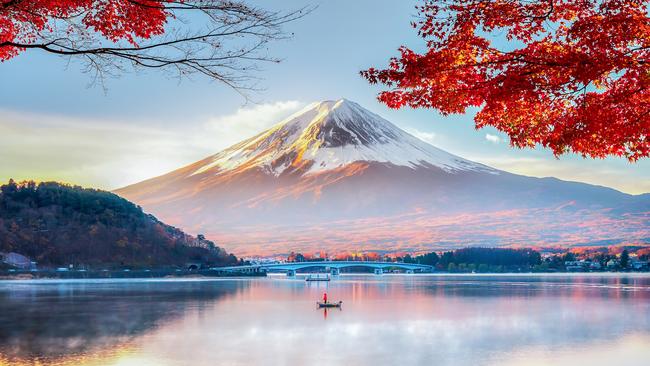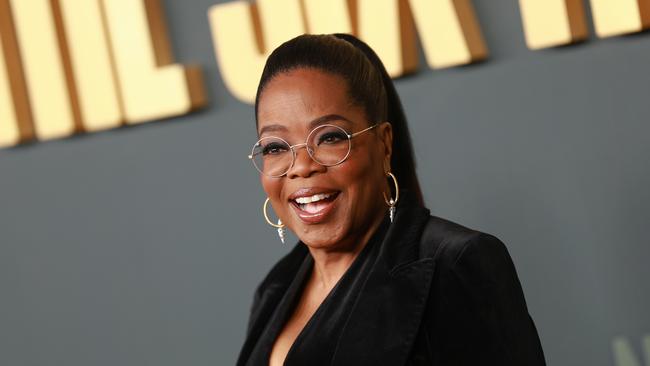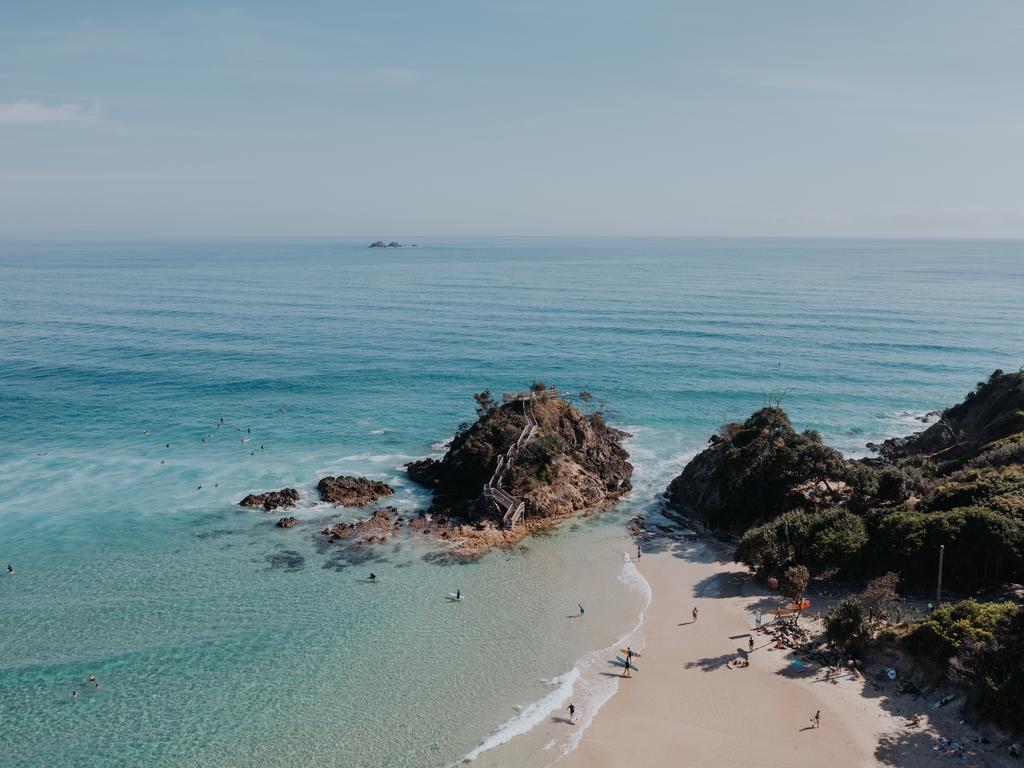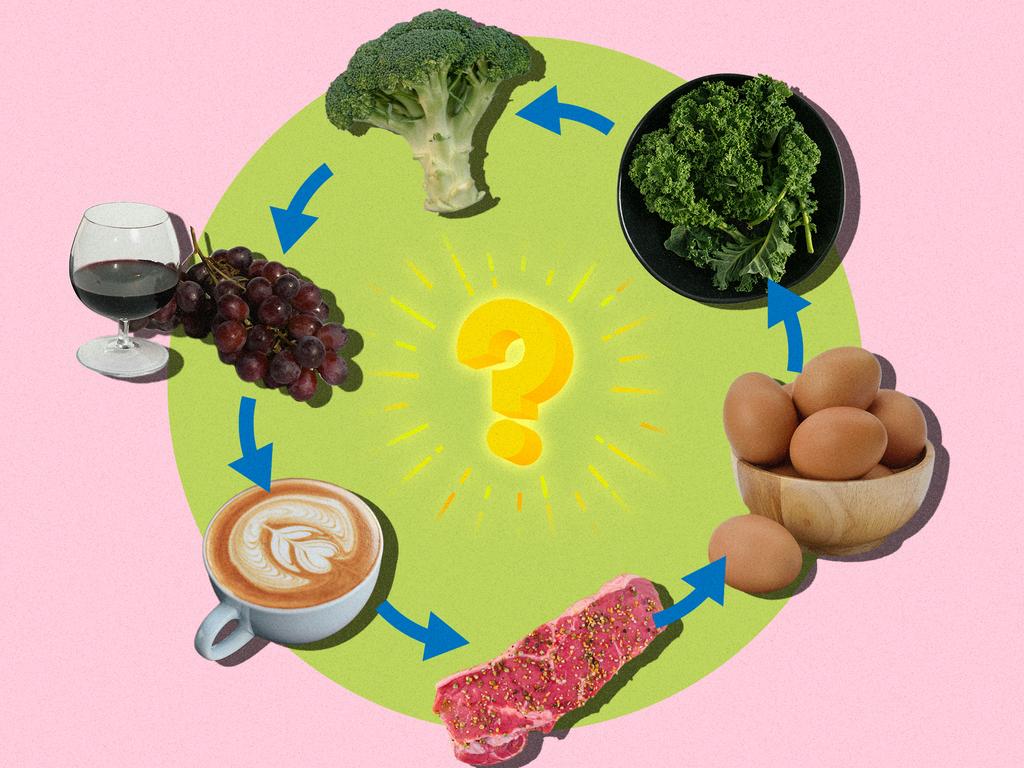Is it time to kick the bucket list?
Racing around to satisfy a bucket list in our twilight years makes no sense, Matt Condon argues. Bin the bucket and smell the roses instead.
Why is it, when death hovers in some people’s vicinity, or even peeks over a distant horizon, that perfectly intelligent, level-headed human beings start talking about their bucket list, or things to do before they, well, kick the proverbial bucket?
Oh, they opine, I’m going to add THAT to my bucket list. Or bathing an elephant, is THAT on your bucket list? It’s on mine.
Who came up with this lunacy? Probably the same bright sparks who thought of “journalling” or “vlogging”.
Probably the person who invented the Filofax, short for File of Facts. (Remember them? The complete list-obsessed life organiser with its metal clasps and leather cover, your entire existence able to be held in your hand? You didn’t live the analog ’80s unless you had a Filofax. Still, I don’t recall that this indispensable accessory had a bucket list feature, though there were pages for just about everything else.)
No, there is nothing intelligent or level-headed about a bucket list. Where is the sense in racing around doing exotic, sometimes strange, sometimes extremely peculiar and potentially dangerous things just to tick those experiences off on a list that nobody will see or care about before you literally kick the bucket?
Unless you journal or vlog your list, which seems habitual to people who have an actual bucket list. Then half a dozen people out of eight billion on the planet will share your joy.
It strikes me that people who have a bucket list are people who actually enjoy making lists a little too much, which is perhaps why I know so few of them.

List obsessives – for example, list all the nice things people have said about you; or list your favourite cardigans; or list your incomplete lists asap, etc – leave me cold and confused.
Still there are plenty of listomaniacs out there.
One (a relative who shall remain nameless), recently asked me about my bucket list. I said I didn’t have one.
Everyone has one, she said.
I said that bucket lists could, in fact, be lethal. In order to lead a satisfying life before death, bucket lists potentially contain activities that in reality could shorten the list-keeper’s life.
Like climbing Mount Kilimanjaro, that dormant volcano in Tanzania, Africa, that stands at 5985m above sea level and for some reason pops up on a high percentage of people’s bucket lists.
According to statistics, 10 to 15 people die every year climbing the thing. So what is the point if an item on your list actually kills you? And prevents you from acquitting the other 500 items on your list?
You’re a very pessimistic person, said my relative.
I’m a realist. Not only that, the very existence of the list is in a peculiar way summoning death and saying “I’m going to do all these incredible and bizarre things before you get me, so there”.
It’s either blowing a gigantic raspberry at death, or it’s an excuse to do some very silly and irresponsible activities and get away with it because it falls under the sanctity of the bucket list.
Hey, I’d like to drink a case of Russian vodka, in Russia, in winter, in front of a fire somewhere on the South Siberian forest steppes. TICK.
Humour me, my relative said. If you did have a bucket list, what would you put on it?
I would have just one item on my bucket list, something I have never, ever seen on a single bucket list, not even on bucketlist.com.
And what would that be?
In fact, make that two. The first would be that I live a very, very, very long time so I didn’t have to bother with this manufactured bucket list nonsense.
And the second?
That I could live long enough to forget I ever saw The Bucket List, starring Morgan Freeman and Jack Nicholson, and know this whole exhausting end-of-life carnival of box ticking and its cliched satisfaction was in fact just a confection that came out of Hollywood.
Reading other people’s bucket lists across the internet, it’s hard not to wonder whether the whole notion is some grand financial scam, thought up by travel agents and life insurance companies.

Take this, a suggested 1000-item bucket I found online.
These are just the ideas under climbing something: climb a volcano, to the top of a tree, to the top of a lighthouse, Mount Fuji, to the top of Sigiriyu Rock and (drum roll) Mount Kilimanjaro.
I get the desire for a sense of accomplishment before we expire.
But a lot of other things on that jumbo list I find difficult to comprehend as something that would be even remotely fulfilling and profound enough to go out of your way to do before you stepped into the shadow of death.
Like: Learn to say hello in 10 languages; write your name in wet cement; start fire without matches; make a balloon animal; get a standing ovation; eat alpaca; write a cookbook; eat Ethiopian food with your hands; dismember a chicken; blow a lot of money gambling; wear a wig for the day; wear a sumo wrestling suit; yodel; receive a fan letter; meet Oprah; contact someone with your own name; make stained glass; create a family logo; blow glass; write a love note with lipstick on the bathroom mirror; spend time with a person from another generation; meet a world leader; be considered a cougar; sleep in an igloo; kiss in the rain; hold a monkey; compete in a frog jumping contest; walk on hot coals; jump off a cliff; swim with jellyfish; get a fish pedicure; see the blue-footed booby mating dance in Galapagos; make an origami animal; put change into someone’s expired parking meter, and; learn to juggle.

I stumbled across a very worthy initiative called the Stanford Medicine Letter Project, from California in the United States. It “empowers and supports” people to discuss with doctors, family and friends their wants and needs “at life’s end”.
Hear, hear.
The website promotes the virtues of a bucket list. “We don’t have to wait until we’re dying to complete and fulfil our bucket list,” say the people from Stanford.
“The bucket list has now become a way to denote a list of things a person wants to accomplish before a specific event in their lives. For example, many teenagers have (a) ‘high school bucket list’, ‘prom night bucket list’ … it is a tangible recognition of our mortality.”
Now bucket lists are stretching across life, imposing themselves on other milestones rather than the ultimate one. Has anyone come up with a bucket list on how to avoid a bucket list?
I’m sure bucket lists are beneficial for many, many people.
But for others there’s the concern that in a situation where time may be of the essence, your life becomes one monumental entanglement with trying to tick those precious blank boxes on your list rather than devoting diminishing months, weeks and hours to things that are manifestly intangible but no less, if not more important, than, say, learning to juggle.
Why take on the burden of the bucket?
But don’t listen to me. I wouldn’t even wear a bucket hat if you paid me.
So tick away.
Which, funnily, is the same sound that your life clock makes.
Tick, tick, tick.




